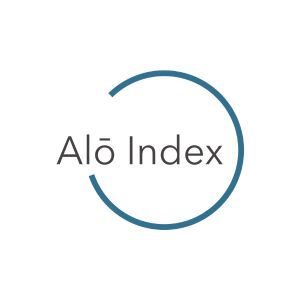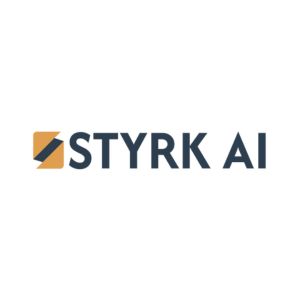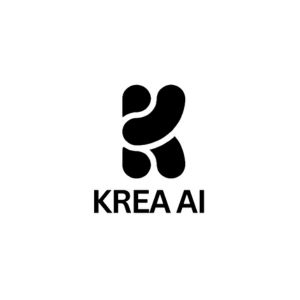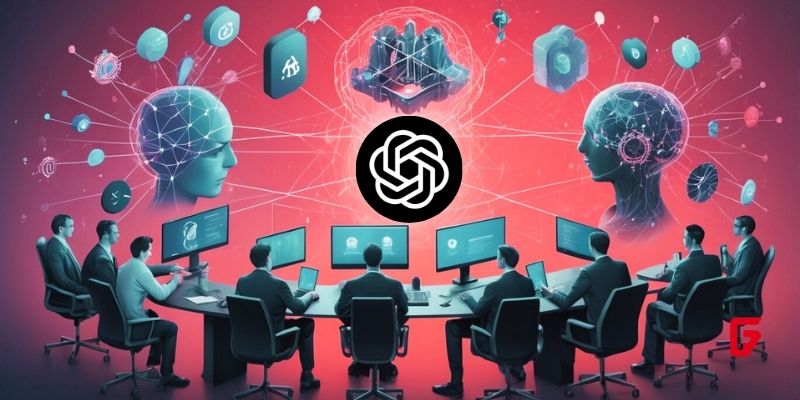
In a move that’s set to reshape the landscape of AI-driven personalization, OpenAI has announced the acquisition of the Crossing Minds team. This acquisition marks the end of Crossing Minds’ eight-year journey as an independent innovator in AI recommendation technology and signals OpenAI’s continued push to strengthen its capabilities in real-time model adaptation and user personalization.
Why This Acquisition Matters
Crossing Minds built its reputation on next-generation recommendation systems that prioritize understanding user intent over simple click prediction. Their technology, known for its real-time retrieval and adaptation, has consistently outperformed traditional approaches—sometimes by as much as 76% on key benchmarks for accuracy and relevance. The team’s expertise in retrieval-augmented generation (RAG) and dynamic model updates makes them a natural fit for OpenAI’s expanding portfolio.
The Tech Behind the Team
At the heart of Crossing Minds’ success is their proprietary RAGSys technology. This system leverages advanced hierarchical ranking and clustering to deliver highly relevant results at scale. Unlike conventional vector databases, RAGSys is engineered to maximize information gain, avoiding the “filter bubble” effect that plagues many recommendation engines. Their models adapt on the fly, capturing both long-term user preferences and immediate context—all while maintaining user privacy and reducing latency to a remarkable 150ms.
What This Means for OpenAI
OpenAI’s acquisition of the Crossing Minds team is the latest in a series of strategic moves, following recent high-profile deals in hardware and coding assistance. By integrating Crossing Minds’ expertise, OpenAI is poised to enhance its personalization capabilities, making its models more responsive and tailored to individual user needs. This could have significant implications for e-commerce, content recommendation, and even autonomous systems that require real-time adaptation.
The Founders’ Perspective
In their official announcement, Crossing Minds co-founders Alexandre Robicquet and Emile Contal expressed excitement about joining OpenAI. “Joining OpenAI allows us to bring our work and our values into a mission we deeply respect,” they said. “We’re thrilled to bring our experience and energy to a team that’s setting the direction for the future of AI.”
For technology enthusiasts and industry watchers, this acquisition is a clear signal that OpenAI is doubling down on personalization and real-time adaptation. As AI continues to evolve, expect to see more innovative integrations that push the boundaries of what’s possible in user experience and recommendation technology.

futureTEKnow
Editorial Team
futureTEKnow is a leading source for Technology, Startups, and Business News, spotlighting the most innovative companies and breakthrough trends in emerging tech sectors like Artificial Intelligence (AI), Robotics, and the Space Industry.
Discover the companies and startups shaping tomorrow — explore the future of technology today.
Trending Companies
Latest Articles
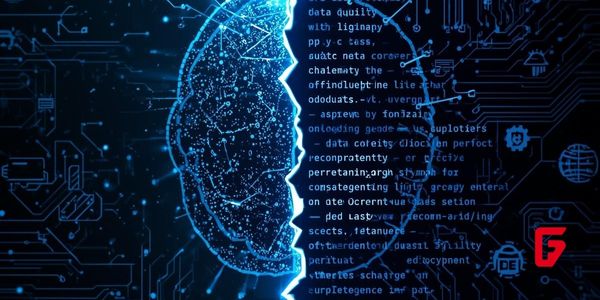
AI Didn’t Fail; Your Data Warehouse Did
After decades in IT project management and business analysis, one truth has stayed constant: when AI projects fail, it’s rarely

Generative Bionics: The Italian Humanoid Robotics Spin-Out Bringing Physical AI to the Factory Floor
Generative Bionics, an Italian spin-out from IIT, is building Physical AI–powered humanoid robots to tackle labor gaps and modernize industrial

OpenAI vs. Google AI, SpaceX & Blue Origin Race for Space Data Centers, Meta’s AI Pivot, and Robotics Breakthroughs
Stay ahead of AI and space tech wars: OpenAI vs Google AI, SpaceX and Blue Origin’s race for orbital data

10 AI-Driven Supply Chain Optimization Companies to Watch in 2026
This article explores 10 AI-driven supply chain optimization companies to watch in 2026, highlighting how their platforms improve forecasting, logistics,

AWS Frontier Agents: Autonomous AI Coders That Build, Secure, and Run Apps for Days Without Human Oversight
AWS frontier agents introduce a new era of autonomous AI coders that can build, secure, and run applications for days

How AI Is Transforming Lean Six Sigma: The New Era of Operational Excellence 2.0
Explore the cutting-edge ways AI is enhancing Lean Six Sigma, from real-time process insights to predictive controls, ushering in a

Top Supply Chain Challenges in 2025 — and How High-Performing Teams Use AI to Solve Them
Facing supply chain challenges in 2025? High-performing teams leverage AI for risk management, demand forecasting, supplier analytics, and end-to-end visibility

How to Build a High-Impact Supply Chain Center of Excellence (CoE):A Blueprint for Operational and Inventory Excellence in the Age of AI
Craft an AI-powered supply chain Center of Excellence that unifies control tower visibility, analytics, and inventory optimization into one strategic

The Future of Supply Chain Leadership: Why the Next Generation Will Engineer Intelligence, Not Just Manage It
Supply chain leadership is being redefined by AI, intelligent automation, and agentic decision-making, demanding leaders who can engineer end-to-end intelligence

How WisdomAI’s $50M funding round positions it to redefine AI analytics and business intelligence
WisdomAI has closed a $50M Series A led by Kleiner Perkins and Nvidia’s NVentures to turn fragmented enterprise data into

Saia Agrobotics Raises €10M to Make Greenhouse Farming Smarter with Robots
Dutch agri-tech startup Saia Agrobotics has raised €10M to expand its greenhouse automation system using AI-powered robots that make farming

Bridgit Mendler’s Northwood Space Startup: Unleashing the Next Era of Satellite Connectivity
Bridgit Mendler’s Northwood Space is pioneering mass-produced ground stations, enabling scalable, high-speed connectivity for the new era of satellite networks
futureTEKnow is focused on identifying and promoting creators, disruptors and innovators, and serving as a vital resource for those interested in the latest advancements in technology.
© 2026 All Rights Reserved.








